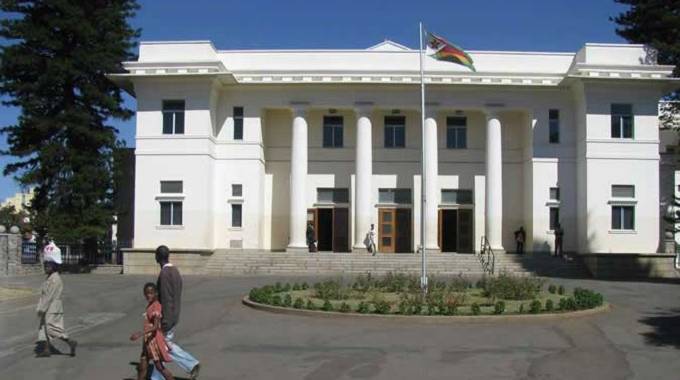Byo population projected to reach 2 million

Nqobile Tshili, Chronicle Reporter
BULAWAYO’S population is projected to more than treble to about two million by 2034 from the 600 000 that was recorded in the 2012 national census with the informal sector to continue as one of the city’s major economic drivers.
The projection reveals that at present about 83 percent of the residents are poor and surviving on about $500 per month. This trend is likely to continue into the future.
The Bulawayo City Council (BCC) 2019-2034 masterplan consultant, Mr Job Jika Ndebele, told stakeholders on Tuesday that council population should grow by close to 1,4 million from the census period up to the year 2034.
He noted the previous contentious disparities where Zimbabwe National Statistics (Zimstats) had placed the city’s population at about 600 000 while BCC said its figures were close to one million residents.
Mr Ndebele said looking at the 2000-2015 council masterplan, their projections were for BCC to have a population of 1,5 million.
“The review of this masterplan is saying the population should grow in the next 15 years by about 387 000 to 390 000 people to reach about 1,5 million and two million. What is discovered here is that this population we are talking about is poor. The bulk of the population is poor. For example, our study revealed that about 83 percent of the population are living on an income of less than $500. This figure is for last year and about 20 percent of the households we surveyed lived below $150 a month. These are some of the findings which we got,” said Mr Ndebele.
He however did not state the timeframe of the study or the cause of the expected population explosion.
Mr Ndebele said it was clear that the informal sector would continue to dominate Bulawayo even at the peak of economic activity.
“Employment patterns have changed markedly from the current masterplan. In the 1980s formal employment was dominant as an employment category. It is now clear that even if Bulawayo experiences economic growth informal employment will remain a major type of employment. So, in our proposals we are looking at ideals that would come from stakeholders that the informal sector needs to be given priority in terms of space for doing their projects,” said Mr Ndebele.
He said the city should find ways of attracting new investors for its re-industrialisation purposes. — @nqotshili











Comments